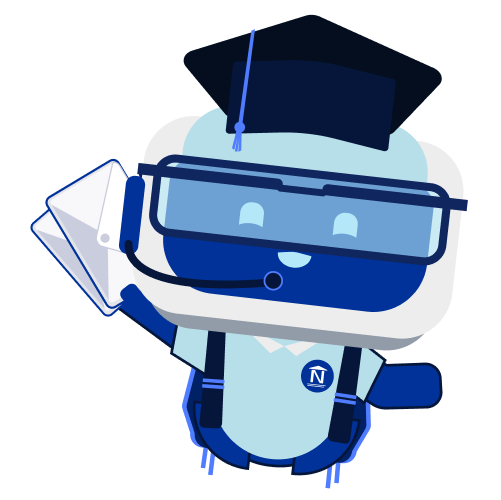Combine your studies in biomedical science and mathematics to turn data analysis into real-world patient outcomes. Highlights Be in demand with the skills to connect mathematical, statistical and computational knowledge to applications in health and biomedical sciences. Learn to collect, collate and analyse biomedical data from clinical trials, genetics and patient treatment regimens. Build and interpret mathematical models that reveal new insights into patient treatment programs. Develop new models of care that optimise the quality and efficiency of healthcare.
Why choose this course? This future-focused double degree addresses the increasing demand for biomedical science graduates with enhanced skills in applied mathematics, statistics and operations research. You will graduate with the ability to collect, collate and analyse data; build and interpret mathematical models that reveal new insights into patient treatment regimens; and develop new models of care that optimise the quality and efficiency of healthcare. Mathematical modelling is widespread in modern biomedical science, with its capacity for making predictions and revealing insights into many areas of medical research, like cellular mechanisms in tissue, wound and fracture healing, biochemical processes, and the spread of infectious disease.
The field of biomedical science provides an ideal complement for a modern mathematics degree with specialisations in the three contemporary fields - applied mathematics, statistics and operations research - offering an unlimited source of real problems and data requiring interesting and practical mathematical and statistical analysis. Mathematical and data analytical skills that enable understanding and processing of emerging medical complexities will ensure you are in demand nationally and internationally. Careers and outcomes With increased demands upon the health system, a digital transformation is underway to provide better quality and efficiency of care, better population health and a better overall patient experience. There is tremendous opportunity and demand for graduates with the skills to connect mathematical, statistical and computational knowledge to applications in the health and biomedical sciences, such as omics, bioinformatics, clinical decision making, device and technology manufacture, and patient care and optimal scheduling.
With electronic health records being rolled out in hospitals across Queensland, there is also a need for graduates who are skilled in mathematical modelling and simulation, analysis and interpretation of data, and scheduling and optimisation, to promote evidence-based decision-making for health practitioners. Possible careers Biochemist Biomedical Laboratory Officer Biomedical Science Researcher Biostatistician Biotechnology Business/Investment Analyst Data Analyst Data Analytics Specialist Health Data and Casemix Analyst Health Information Manager Mathematician Quantitative Analyst Research Scientist












